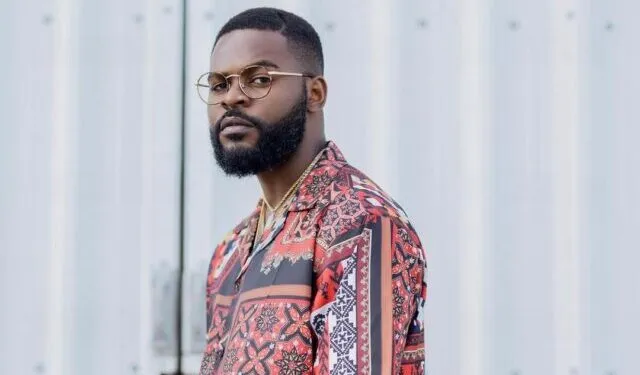Popular Nigerian rapper, actor, and social activist Folarin Falana, widely known as Falz the Bahd Guy, has opened up about the complex dilemma he faces regarding the future of his family, citing Nigeria’s worsening security situation as a key concern.
Falz, the son of renowned human rights lawyer Femi Falana (SAN), made the revelation during a candid conversation on the Dear Ife Series podcast hosted by media personality Ifedayo Agoro.
While responding to a question about whether he would consider raising his children in Nigeria, the award-winning artist admitted it was a tough call — one he hadn’t fully processed but couldn’t give an affirmative answer to either.
“Ah! That’s a deep question,” Falz remarked, visibly caught off guard. “I didn’t expect to hear this question. I haven’t really thought that far, let me not lie.”
However, he went on to explain the basis of his hesitation, pointing to Nigeria’s escalating insecurity, the volatility surrounding his outspoken activism, and what he described as the general “docility” of Nigerians in the face of persistent national issues.
“It’s something that I can’t actually say ‘yes’ to because of what we are talking about — the insecurity in the country, threats due to my activism, and Nigerians’ docility,” he explained. “It’s so sad. But I can’t also outrightly say ‘no’ because I’m pro-Nigerian and I really believe that we can actually get it right. But I don’t know, I don’t know, l.” he said
Although Falz is still not married and does not have children yet, his comments have struck a chord with many young Nigerians who similarly struggle with the dilemma of raising families in a country plagued by insecurity, economic instability, and political uncertainty.
Falz has been an unapologetic critic of bad governance and human rights abuses in Nigeria. He was particularly vocal during the 2020 #EndSARS protests, a youth-led movement against police brutality.
His outspokenness and bold lyrics have earned him both praise and backlash, placing him in the crosshairs of authorities and conservative critics alike.
Reacting to the podcast clip circulating on social media, many Nigerians expressed empathy, with some echoing his sentiments about seeking better and safer environments for raising children.
WHAT YOU SHOULD KNOW
With Nigeria’s security landscape continuing to pose serious challenges — from insurgency in the North, to kidnapping and violent crime in other parts of the country — Falz’s reflection adds to the growing conversation about the future of Nigerian youth and families.
Falz’s words also. serve as a sobering reminder of the nation’s ongoing struggles and the urgent need for reform.












